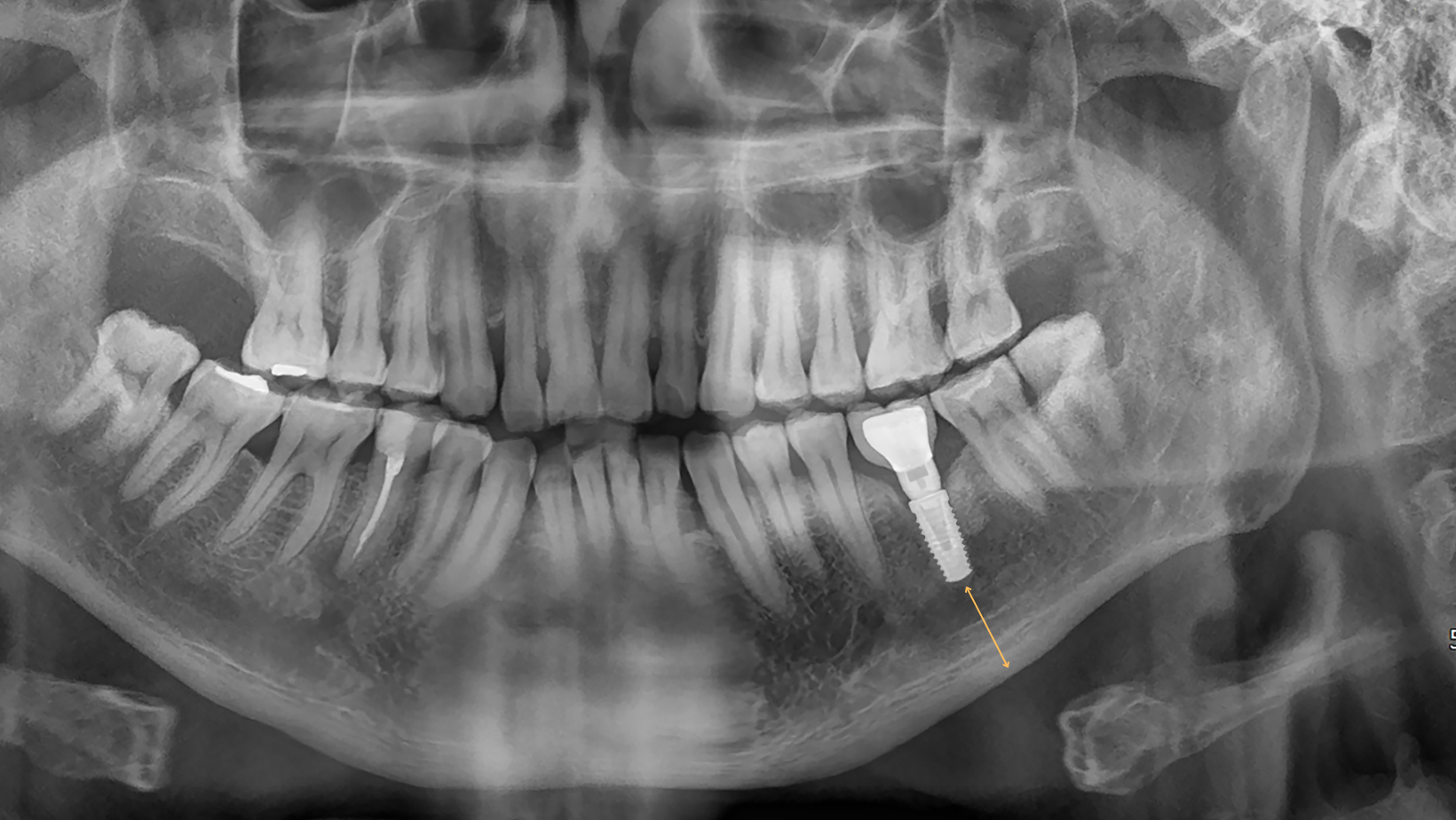Lost Teeth, Diabetes and Cognitive Decline
 By: Britely
By: Britely
Toothless AND diabetic? You could be at risk for worse and more rapid cognitive decline.
According to the National Institute of Health, diabetes is a known risk factor for cognitive decline and dementia, and there is increasing evidence that complete tooth loss has a significant impact on the rate of decline. To understand how this happens, and why these issues are related, we need to know a few things first:
How does diabetes affect your cognitive health?
Studies have demonstrated the people who have diabetes, compared to people without diabetes, are more likely to develop cognitive problems including higher rates of dementia, Alzheimer’s, and vascular dementia. Diabetes raises your risk of heart disease and stroke, which damages your heart and blood vessels. High blood glucose also triggers inflammation, which can damage brain cells.
How does diabetes affect your teeth?
Periodontal disease (also called gum disease) has long been associated with diabetes, as less than optimal glucose levels over time increases your risk for poor oral health. Because periodontal disease affects the tissues and bone that hold your teeth in place, you are more likely to experience tooth loss and decay. If addressed properly, not everyone with diabetes goes on to have poor oral health, so tooth loss is not an inevitable outcome.
But how does tooth loss affect your cognitive health?
Tooth loss can result in problems with chewing that can lead to nutritional deficiencies, imbalances, and changes to your brain that can affect function. The bacteria present in tooth loss from periodontal disease can cause inflammation, which as we’ve seen before can damage brain cells.
So what if you have tooth loss and diabetes?
In a new study published in the Journal of Dental Research, researchers found that adults aged 65 to 84 with both diabetes and complete tooth loss had worse cognitive function than their counterparts without either condition. Why? These conditions compound one another, each damaging your health and brain cells as they progress; increasing the rate of your cognitive decline.
There are plenty of surprising reasons why waiting to replace your teeth is hazardous to your health, but thanks to studies like these we have a better understanding of the exact repercussions we can expect if we choose to do nothing.
Sources:


